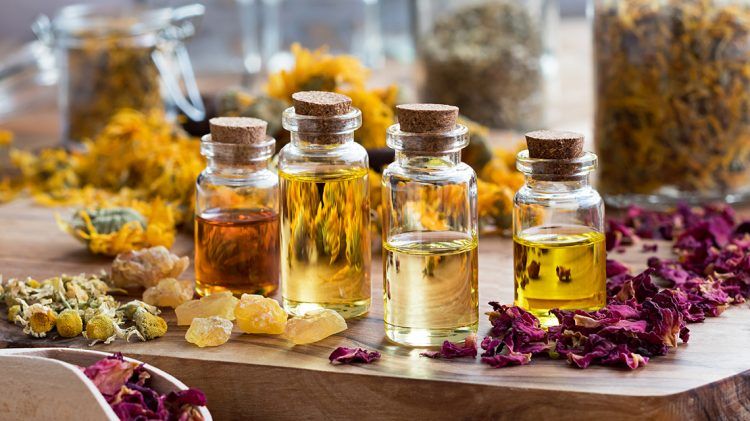The power of community
Live Better by Working Together

We’ve put together a list of some of the best essential oils to have on hand and briefly explain what they’re good for.
Lavender (Lavandula angustifolio or Lavandula officinalis)
It’s at the top of our list for good reason—if you’re only going to have one oil in your home, lavender is your best bet. This versatile little saviour has been around for thousands of years and is useful for an incredible range of issues. Just to name a few:
Oregano (Origanum vulgare)
This incredibly beneficial anti-inflammatory, antifungal, antiseptic oil is also very powerful. Be careful to dilute it when using, and pregnant or nursing woman should avoid it. Don’t let this scare you though—the Greek translation of the word Oregano means ‘joy of the mountain’ and oregano oil is pretty joyful for those that need help with:
Peppermint (Mentha piperita)
So fresh, so clean, and so useful. Peppermint oil is another one of those well known, basic-but-incredibly-versatile plant essences with many scientifically backed benefits. Who hasn’t made themselves a cup of peppermint tea for an uneasy stomach? It is also great for:
Clary Sage (Salvia sclarea)
This flowering plant has a refreshing and grounding scent that begs to be inhaled. Also known by the name ‘bright eyes’ Clary Sage is great for reducing stress and has an array of health benefits such as:
Frankincense (Boswellia carterii)
Frankincense oil comes from the resin of the olibanum tree and has been used in cosmetics and burnt as an incense for centuries. Associated with multiple religions for its meditative qualities, it also has many therapeutic uses including:
Tea Tree (Melaleuca alternifolio)
This essential oil is a true natural wonder. Antibacterial, antiviral, and a stimulant – this powerful plant, native to Australia, is popular internationally. Use tea tree oil for:
How to use:
If applied topically, dilute the essential oil with a neutral carrier oil (almond, coconut etc.) and always try a test patch on your skin first.
If consumed, dilute well with water and do your research; some oils like peppermint are totally fine to take orally and some should not be.
Essential oils can also be diluted in a spray bottle and used around the home or put in a diffuser to get the full benefits for the respiratory system.
Some can also be used in healthy, homemade shampoos and toothpastes!
Quality is key:
The quality of the oil will have an impact on its effectiveness, so make sure to look for pure, high quality and preferably organic oils.
Information is king:
Please educate yourself on the toxicity of consuming some oils and use your common sense. Essential oils are powerful, distilled essences of plants and should be used with respect. This way you can get the best results for your body and health!